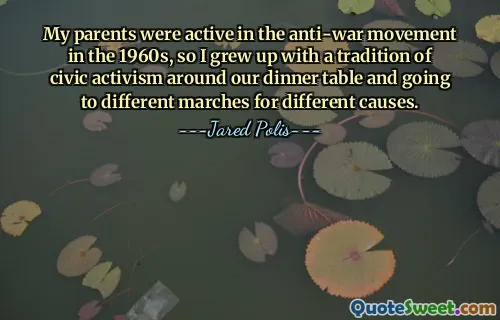Colorful demonstrations and weekend marches are vital but alone are not powerful enough to stop wars. Wars will be stopped only when soldiers refuse to fight, when workers refuse to load weapons onto ships and aircraft, when people boycott the economic outposts of Empire that are strung across the globe.
Arundhati Roy, in her book "Public Power in the Age of Empire," emphasizes that while lively protests and weekend marches are important, they are insufficient on their own to halt wars. To truly bring an end to conflict, a more profound collective action is necessary, where individuals take a stand against the mechanisms of war.
Roy argues for a broader form of resistance, highlighting that it is essential for soldiers to refuse deployment, for workers to stop contributing to the war effort, and for communities to boycott economic activities that support imperial interests. Such grassroots actions are portrayed as crucial steps toward achieving meaningful change and stopping the cycle of violence.

